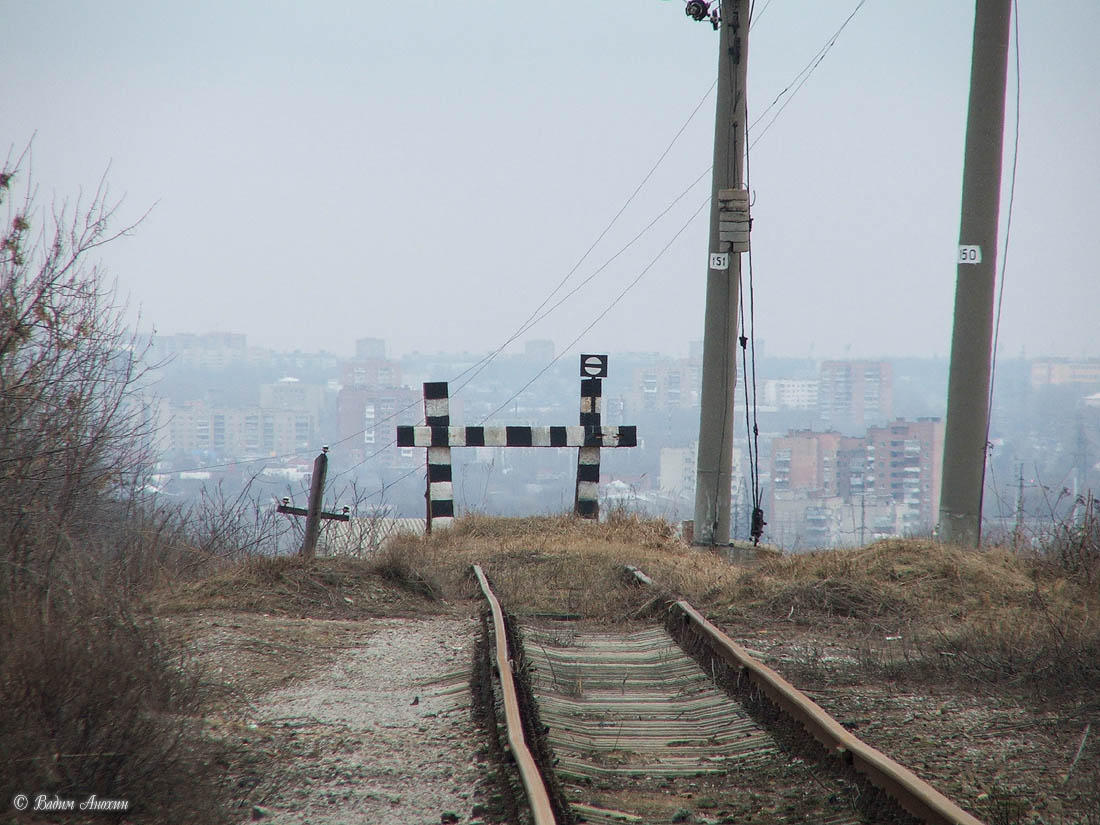Armenia fails to realize railway project with Iran

By Abdul Kerimkhanov
Armenia has long been aspiring to serve as a bridge between Iran
and the (Russian-led) Eurasian Economic Union (EAEU) countries.
This aspiration is rather unrealistic given that Armenia does not
have direct borders with the EAEU zone, separated from it by
Georgia and Azerbaijan, which makes its role as a bridge very
problematic.
Armenia’s desire to serve as a link between these countries is doomed for a very good reason - Baku will not open its borders for Armenian transit until Yerevan returns to Azerbaijan the occupied Nagorno-Karabakh region and areas attached to it. On the other hand, to ensure the transit comfort of Armenia, Georgia will have to give up its sovereignty, as the railway leading to Russia and beyond, passes through unrecognized Abkhazia and South Ossetia regions.
Meanwhile, Yerevan returns to the topic of the construction of
the Iran-Armenia railway. Armenian experts are looking forward to
Iran agreeing to expand regional infrastructures in their country.
Thus, Armenia seeks to break through the isolation into which it
drove itself due to its inability to get along with its
neighbors.
Armenia also expects Tehran to attract Chinese investment in its
railway project with Iran. The previous Armenian authorities failed
to persuade China to invest in the railway project that is
completely useless for Beijing. The new Prime Minister Nikol
Pashinyan did not have an opportunity to convince China to invest
on this project since he was not even invited to the recent summit
"One Belt - One Road" held in Beijing.
Realizing the lack of prospects for the Armenia-Iran railway
project, the Pashinyan government did not include the Iran-Armenia
road in the state project in 2018, citing its estimated $3.5
billion construction cost as the main obstacle.
Iran is not interested in investing in the Armenian section of the
railway route, because this country accounts only for 30 kilometers
of the 300-kilometer highway. This is not just a railway road, but
also includes 64 bridges with a total length of 19.4 kilometers, 60
tunnels with a length of 102.3 kilometers as well as 27
stations.
Russia also did not show interest in financing the
Armenian-initiated railway project as the former head of Russian
Railways, Vladimir Yakunin, stated that the Armenian-Iranian
railway is a wall that leads nowhere. Why would Russia need the
Iran-Armenia road, while there is a trouble-free highway running
through Azerbaijan for communication with Iran? This corridor is
much more convenient and profitable as it passes through a
geographically convenient area and is open for communication all
year long. In addition, unlike Armenia, Azerbaijan has a developed
railway infrastructure, as well as funds for its modernization,
while in Armenia, everything will have to be rebuilt.
Back in 2008, former Armenian President Serj Sargsyan announced his intention to start laying the Iran-Armenia railway. In the same year, Armenia passed a law to transfer 100 percent of the state-owned Armenian Railways to Russian Railways for the concession period of 30 years.
Armenia’s Black Sea project will not be given a particular weight as well, since there is a Baku-Kars corridor (that connects Azerbaijan to Georgia and Turkey), which is now expanding and is expected to include Iran as well. Iran does not have an urgent need to transport its goods to Europe through Armenia in the foreseeable future, because this can be done through the territories of Turkey or Azerbaijan.
While Armenia has been drafting unrealistic projects with Iran,
practical work was being carried out in Azerbaijan. Thus,
Azerbaijan and Iran will complete the construction of the
Rasht-Astara road in the next two years and the railway systems of
the two countries will be combined. It will be the final step in
creating a corridor that opens up great opportunities for the
regional countries, reach out up to the Persian Gulf.
As for China’s possible participation in the Armenian-Iran railway
project, Beijing does not have any incentives to do this; cargo
from China is already being transported to Europe through the
Baku-Tbilisi-Kars corridor. China does not need Armenia, especially
as a link in large projects.
Initial agreements on the Armenian-Iran railway’s construction were
made between Yerevan and Tehran in 2009. Three years later, Armenia
granted the Dubai-based Rasia FZE Investment Company a 50-year
concession to manage its 305-kilometer section of the railway.
In the meantime, Armenia is looking forward to the visit of Iranian
President Hassan Rohani who has been invited to attend a summit of
a Russian-led economic grouping, which is to be held in Yerevan in
October.
---
Abdul Kerimkhanov is AzerNews’ staff journalist, follow him on Twitter: @AbdulKerim94
Follow us on Twitter @AzerNewsAz
Here we are to serve you with news right now. It does not cost much, but worth your attention.
Choose to support open, independent, quality journalism and subscribe on a monthly basis.
By subscribing to our online newspaper, you can have full digital access to all news, analysis, and much more.
You can also follow AzerNEWS on Twitter @AzerNewsAz or Facebook @AzerNewsNewspaper
Thank you!
